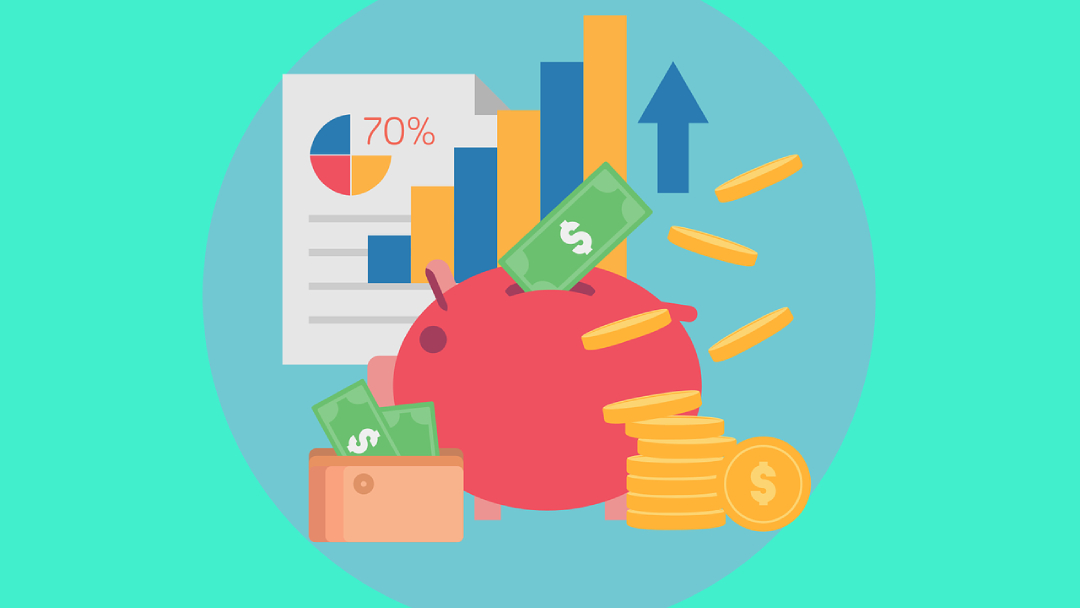Did you know the global AI market is worth an estimated $327 billion? Many people think that AI is only confined to IT applications. But the reality is that the artificial intelligence behemoth has its tentacles in nearly every industry, including accounting.
And the good news is that’s not a bad thing. In this article, we’ll explore some specific ways accountants have been leveraging AI in accounting. That way, you can get a clearer picture of how this valuable technology can benefit your business. Let’s dive in!
Table of Contents
What Is AI in Accounting?
AI in accounting revolves around automating the input and organization of financial data. With machine learning advancing so far, it’s now possible for AI to perform data analytics that would take a human team weeks or even months to complete.
What’s more, AI has the potential also to streamline accounting processes like auditing and bookkeeping.
Not only does this technology save people time, but it’s also more accurate since it’s not prone to human errors and mistakes. That’s why implementing AI is a goal every accountant should have on their list for the new year.
Will Artificial Intelligence in Accounting Replace Human Jobs?
Whenever AI comes up in conversation, it will inevitably talk about robots replacing human jobs. While it’s true that artificial intelligence will replace some mundane jobs, it leaves a vital puzzle piece out of the equation. What is it?
The fact is that AI will create more jobs than it replaces. The World Economic Forum (WEF) released a report that predicts that the integration of AI into industries will create approximately fifty-eight million new highly-skilled jobs.
We can also look at history, for example. When tax software was first introduced, did it make bookkeepers obsolete? Of course not!
The field grew by a massive percentage. It’s important to view technology like AI as an opportunity to create more skilled work that humans can divert their attention toward.

What Are the Benefits of AI in Accounting?
As we’ve mentioned, the most significant benefit of AI is that it can automate many of the mundane processes to take up accountants’ time. But strictly, what methods can be automated by AI? Some common ones you’re likely to find include:
- Inputting data and matching it
- Creating and sending invoices
- Expense reports
- Receipt reconciliation
- Price change tracking
- Account reconciliation
- Sorting transactions
- Recording data and reporting it
By automating these processes, you’re able to operate without hiring expensive human help to deal with them. It’s important to remember that artificial intelligence runs on algorithms that improve as you feed them more information.
That means they get more accurate with their mundane work and analysis capabilities. So the sooner you can implement AI into your accounting practice, the more benefits you will see.
Want to find out all the benefits that come with our AI accounting software? Check out this page to learn more about it.
How Will Artificial Intelligence Change the Accounting Industry?
We’ve covered some immediate benefits of implementing AI into your accounting practice. But how will artificial intelligence change the industry in the long term? In this section, we’ll explore this question in more detail to see what the future of accounting might look like.
Related: Date-Driven vs. Data-Informed: What’s the Difference?
1. New Accountant Specialties
AI and automation are going to replace some routine accounting tasks. This is great news for both startups and established accountants alike. It means these entities no longer need to divert time and resources to these menial tasks.
This frees up individuals’ time to dive into specialty ways to add value. They could focus on adding a new service to the company’s offerings. Or they might focus on targeting a new, high-demand accounting niche. Regardless, it opens up the door for adding value to a company.
2. Job Replacements
We know when people hear about job replacements, their first instinct is to freak out. But it’s essential to look at the type of jobs that AI will be replacing. Artificial intelligence takes over busy work jobs like auditing and data entry.
Indeed, this isn’t great news for bookkeepers and auditors (it’s why their job outlook is expected to decline by 5% over the next decade). However, it’s not a bad thing.
It opens up the path for more skilled jobs and a wider diversity of accounting services. With no one wasting time on low-skill jobs, it can truly open up the accounting field.
Related: How to Sell Accounting Services: Step-by-Step
3. New Accountant Insights
AI right now is mostly concerned with automation. But some innovators are veering toward the new ground with AI analysis. This technology still has a long way to go. However, it has the potential to provide the accountant with insights that they would never be able to get on their own.
For example, it could provide these professionals with detailed information about their clients that can help them come up with unique solutions to meet their needs.
Want to learn more about how AI powers our accounting software? Contact TaxRobot today, and we’ll teach you everything you need to know about it.

Why AI in Accounting Is Important
The main reason why AI is important in accounting is the automation it brings to the position. This automation, which is not only efficient but also more accurate than people, frees up the human element of accounting.
Instead of doing busy work, accountants can focus on bigger-picture strategies. This will ultimately create a more effective workforce predicting (instead of reacting) financial threats and opportunities.
Related: Accounting for Startups: What to Know
